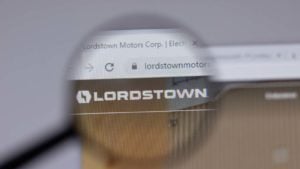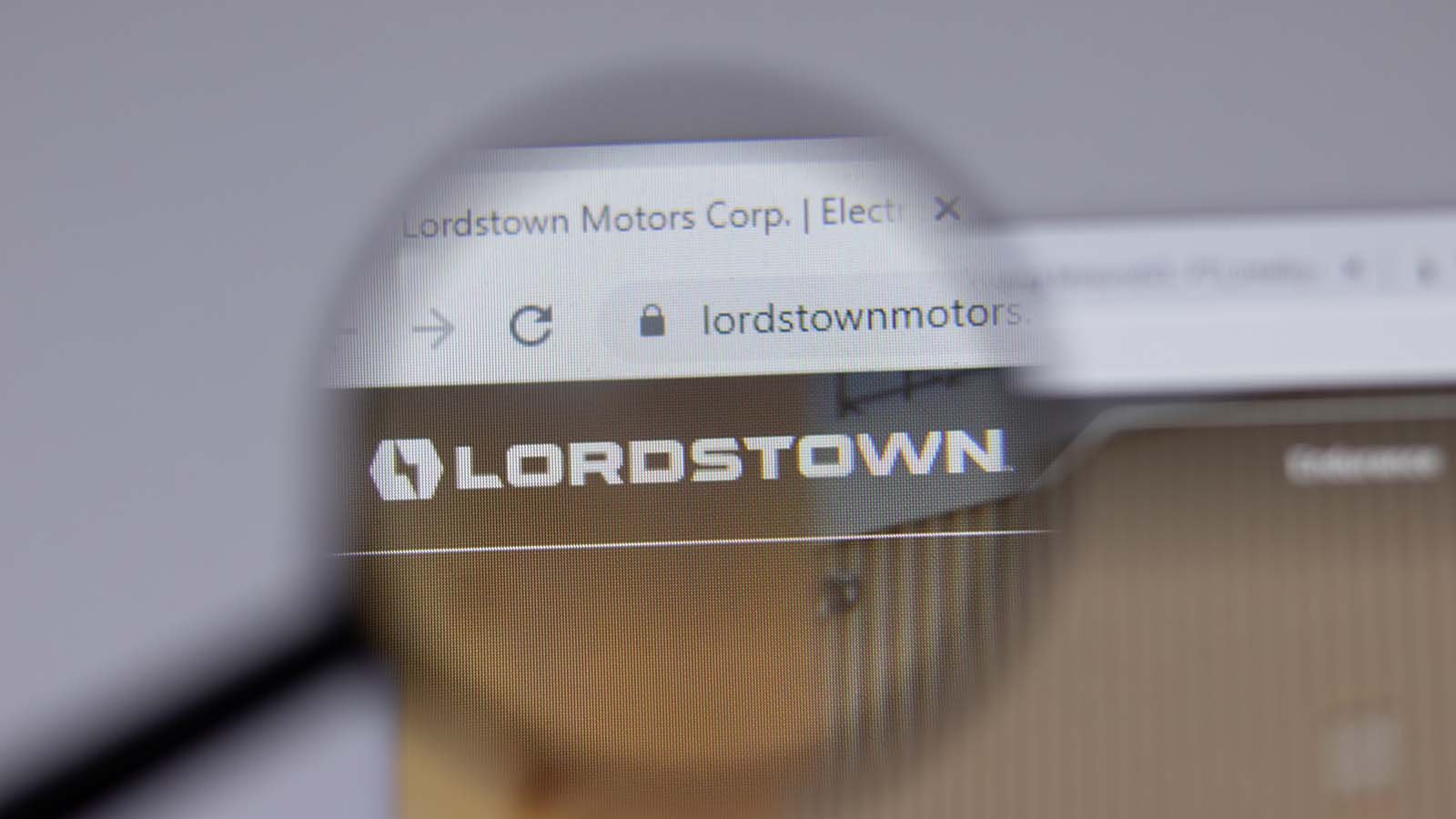A few months ago, I expressed some concerns about Lordstown Motors (NASDAQ:RIDE) stock and suffice to say, it was not well received.

I could understand why. Even though the criticisms I received regarding my take on RIDE stock did not involve this admission, the reality is that no one likes losing money on a deal.
How often have we fretted over losing out on a negotiation rather than the joys that we accrued through victories in other areas. According to an NPR report, this concept has a name, loss aversion. “People care more about losing a dollar than gaining a dollar.” So, I get the anger over losing money from banking on RIDE stock.
If it makes anyone feel any better, I’ve put my money down on plenty of clunkers. All I can tell you is that you got to stay in the game through smart money management.
But there’s also another point here and that’s the value of due diligence. At the end of September, the New York Times revealed that Hon Hai Precision Industry Co. (OTCMKTS:HNHPF) – better known as Foxconn – reached an agreement in principle to develop Lordstown’s electric vehicles. Also, it’s quite possible that the EV maker could sell its Ohio factory to Foxconn.
Adding more woes to stakeholders of RIDE stock, Lordstown “said it would continue to use the factory to make the Endurance by leasing back space from Foxconn if the sale was completed. Foxconn would then offer employment contracts to some Lordstown manufacturing employees. Troubled companies often resort to sale-lease back deals as a way to raise cash.”
That’s not all. Under the terms of the agreement, “Foxconn agreed to buy $50 million worth of Lordstown shares at a price of $6.89.” At time of writing, RIDE stock closed at $5.85.
Blank-Check Fever Was the Blessing and Curse of RIDE Stock
With so much attention focused on EVs in light of the massive paradigm shift from the novel coronavirus, it’s easy to forget that RIDE stock came to us via a merger with a special purpose acquisition company. Over the trailing year, SPACs have been the talk of town. But at the end of this period, this distinct manner of an initial public offering has come under scrutiny.
For one thing, RIDE stock isn’t an anomaly among post-merger business combinations. True, the hideousness of the losses – down 10% on Oct. 4, down 31% in the trailing five days and down 74% year-to-date – are a bit extreme, even for SPACs. However, SPACs overall have been underperforming benchmark indices so far this year.
Now, I don’t want to hit on SPACs (with an “S” in front) without providing some balanced context. One of the key benefits of these shell companies is that they open opportunities that would otherwise not be publicly available. Also, for the fullest of full disclosures, I make money analyzing SPACs, so there’s that angle.
But the positives of blank-check firms don’t exempt one from conducting due diligence. You just got to do it, especially when you’re betting blind on pre-merger-announcement SPACs.
But what really struck me about RIDE stock is that it appears that at least with some SPACs, even their backers haven’t conducted a thorough examination. Another New York Times article describes how the scrutiny of a key architect of the SPAC that merged with Lordstown “was most likely far less than the inspection that a company undergoes in a conventional initial public offering.”
“In an I.P.O., a company is held to strict reporting standards about its finances and prospects. By contrast, SPAC mergers give companies that would find it challenging to go public on their own an easier path to the public markets.”
Be Careful Out There
I’m not about to tell you not to buy SPACs – that would be SPAC-ist. Because let’s be real, even traditional IPOs can suffer from questionable antics. Otherwise, the film The Wolf of Wall Street wouldn’t be as colorful as it was.
But the takeaway is that SPACs do seem to tempt the worst of behaviors from sponsors that seem to have their own interest in mind rather than the long-term viability of the deals they’re quarterbacking.
Perhaps that’s the legacy of RIDE stock if this equity unit doesn’t make it out of this mess. Don’t be too comfortable flying with SPAC Air: there might not be anyone in the cockpit.
On the date of publication, Josh Enomoto did not have (either directly or indirectly) any positions in the securities mentioned in this article. The opinions expressed in this article are those of the writer, subject to the InvestorPlace.com Publishing Guidelines.
A former senior business analyst for Sony Electronics, Josh Enomoto has helped broker major contracts with Fortune Global 500 companies. Over the past several years, he has delivered unique, critical insights for the investment markets, as well as various other industries including legal, construction management, and healthcare.
